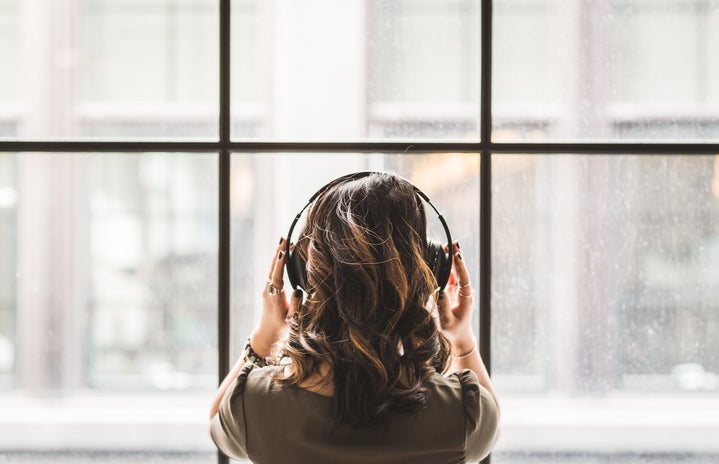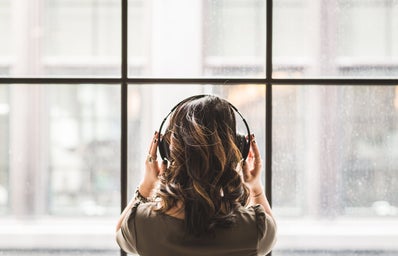“Best American Girl” was the first song I ever heard from Mitski Miyawaki. Known simply onstage as Mitski, the singer-songwriter sings the belt-worthy chorus, “your mother wouldn’t approve of how my mother raised me, but I do, I think I do.” The song draws inspiration from Mitski’s “wanting so badly to fit into this very American person’s life, and simply not being able to,” according to an interview with NPR. The meaning behind the track might seem heartbreaking at first, but between the strength of her voice and the muddy guitar, it sounds like a triumph. In “Best American Girl,” Mitski finds that there is no one else she can be but herself–and as an Asian-American singer in a genre dominated by white men, that means a lot.
For me, “Best American Girl” feels like an anthem. As a first-generation Filipina-American (among other things), I understand the pressure of compromising my own identity in search of fitting in. Puberty 2, the album the track comes from, lives up to its title perfectly; fueled with Mitski’s angst and raw passion, there’s nothing left to hide. Two years have passed since the album’s release, and even after dozens upon dozens of listens, I’m always struck by the weight of, “I Bet on Losing Dogs” or the heart-thumping excitement of, “Dan the Dancer”–to name just a few out of the 11 tracks.
Related: 5 Musicians That Will Revive Your Faith in Pop Music
When Be the Cowboy, Mitski’s critically-acclaimed fifth album, was released in mid-August it couldn’t have come any sooner. The imperative title stems from the myth of the cowboy portrayed in classic Western films; “there’s such an arrogance and freedom to it that is so appealing to me,” says Mitski in an interview with Trevor Noah on the album’s catchy name, “especially because I’m an Asian woman.” “Be the cowboy” might sound silly as a phrase, but the sentiment is much needed as Mitski navigates narratives of love, fame and longing. Not every story is Mitski’s own through Be the Cowboy. In “Two Slow Dancers,” an old pair of lovers attempt, futilely, to relive their past over a delicate tune that later finds tension with the swell of strings. Two exes have found more suitable people, but still meet to “take coffee and talk about nothing” in “Old Friend.” Across 14 tracks that feel like vignettes, we still find truth in the fiction.
I haven’t yet found any other artist like her yet, and I doubt I’ll find one anytime soon. So, why aren’t you listening to Mitski? I promise you won’t regret it.



